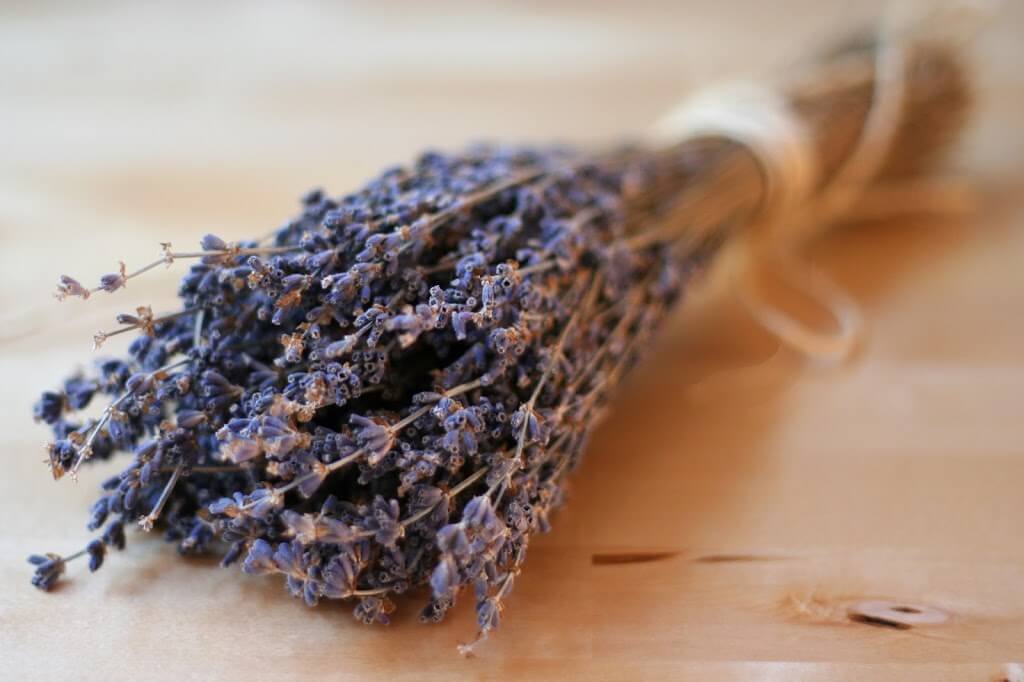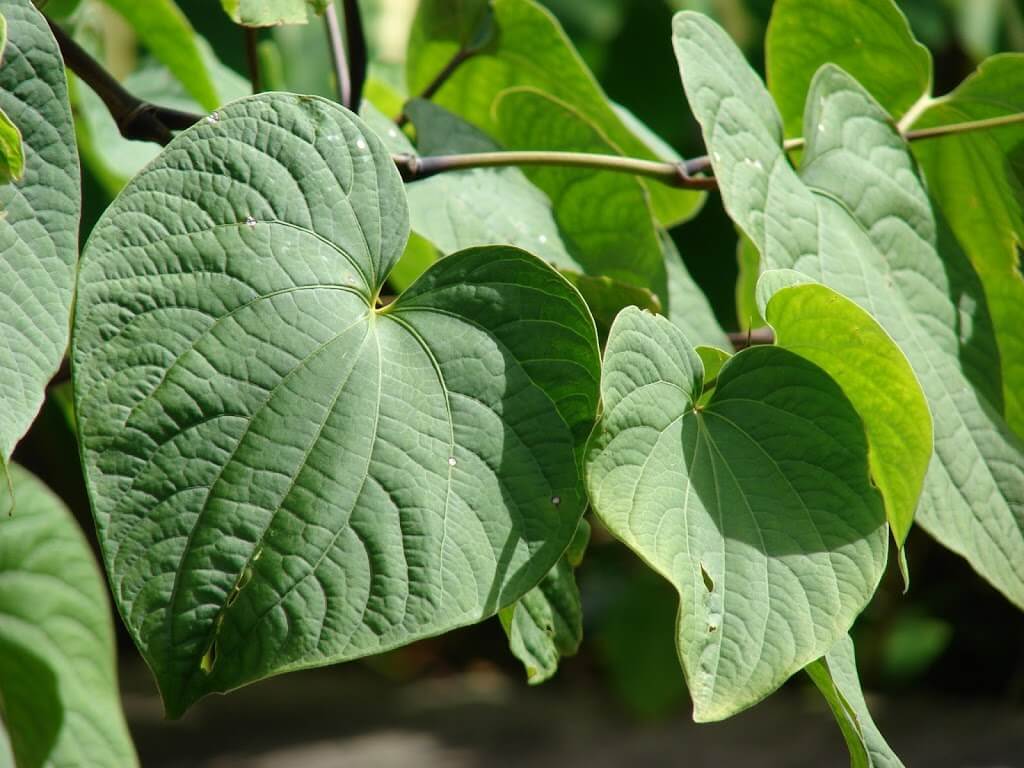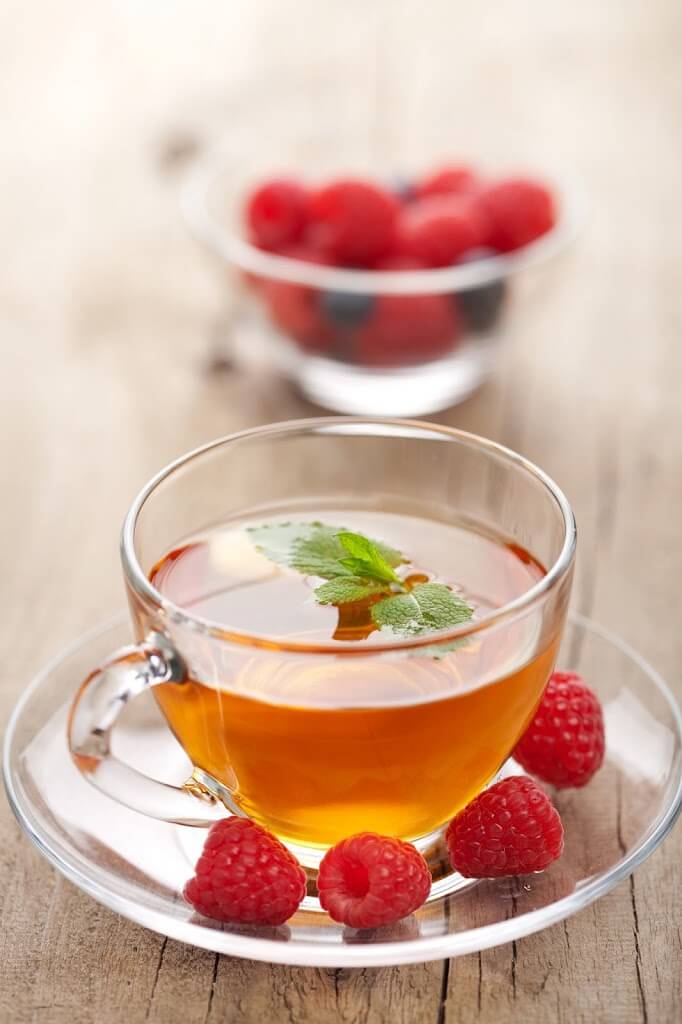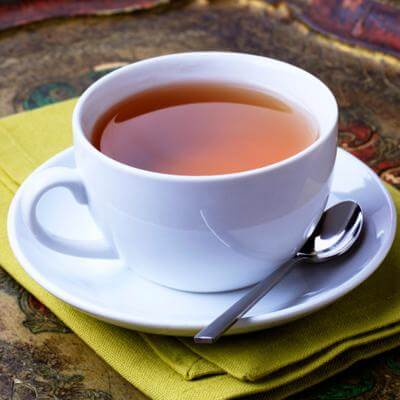Maybe you’ve dealt with anxiety, stress or depression for years, or maybe you just need the occasional breather after a stressful day. There are several lifestyle changes (exercise, proper breathing, eliminating stress, etc.) that will help anyone cope with stress, but the addition of the right herbs is highly beneficial.
 |
| Chamomile |
Nervine herbs help by restoring, strengthening and healing damaged tissue that can cause anxiety and depression.
“In cases of shock, stress or nervous debility, the nervine tonics strengthen and restore the tissues directly. On the other hand, they can contribute to the healing of damaged nervous tissue, whether this is due to a pathological process or physical trauma.”David L. Hoffman BSc
Chamomile taken orally was found to significantly reduce general anxiety disorder in a study published by the Australian Journal of Medical Herbalism. The findings suggested that chamomile is safe even at high doses.
“There was a significantly greater reduction over time in the mean total HAM-A score for patients receiving chamomile versus placebo. Researchers found a lower incidence rate of adverse events at higher chamomile doses versus lower chamomile doses, suggesting that there is no increase in adverse events at higher chamomile doses.”
Finney-Brown, Tessa. “Chamomile for anxiety
disorder.”Australian Journal of Medical Herbalism (2011)
disorder.”Australian Journal of Medical Herbalism (2011)
Chamomile is one of the more popular remedies, but there are many nervine herbs. These can be further divided into two main categories: mild sedatives and potent sedatives. Milder herbs will help to relax and relieve tension, while potent nervines have the added benefit of inducing sleep.
“Sedative herbs calm or tranquilize by reducing functional activity; they can be used to reduce nervous tension, pain, neuromuscular spasms, and insomnia. Moderate and potent sedative herbs include California poppy, hops, kava kava, passion flower, Jamaican dogwood, and valerian. Examples of gentle nervines include catnip, chamomile, damiana, lemon balm, linden, skullcap, wild oats, and wood betony.”
Catnip
chamomile
damiana
lemon balm
linden
skullcap
wild oats (no relaxing effects)
wood betony
lavender
hyssop
St John’s Wort
Vervain
Wood Betony
Wood Betony
California poppy
Hops
Kava kava
Passionflower
Jamaican dogwood
Valerian
Adrenal Fatigue and Inflammation
Nervines are essential herbs for relaxation but the problem can run deeper. Frequent stress weighs heavily on the adrenal glands, causing them to fatigue.
“It is always necessary, in some cases, to sedate and calm a deeply vexed and worn out nervous system. The best remedy for this is borage, though it has been nearly forgotten in North America. It can be used in combination with burdockto rebuild the adrenals.”
Mathew Wood, Herbalist.
Mathew Wood, Herbalist.
Borage seed oil also supports healthy inflammation responses in the body(Jordan Rubin, “The Raw Truth”). Inflammation is a common cause of a myriad of health problems, including depression.
Some studies have been conducted on the correlation between depression and inflammation, but a very recent study lead by Dr Børge Nordestgaard, of Copenhagen University Hospitalstudied 73,000 Danes. This large amount guarantees a high degree of certainty. Poor health habits caused inflammatory levels of the C-Reactive protein, CRP.
Some studies have been conducted on the correlation between depression and inflammation, but a very recent study lead by Dr Børge Nordestgaard, of Copenhagen University Hospitalstudied 73,000 Danes. This large amount guarantees a high degree of certainty. Poor health habits caused inflammatory levels of the C-Reactive protein, CRP.
“Some 21 percent of the participants were found to have CRP levels of above 3 mg/litre. These people were found to be more likely to have a strong stress response, an increased use of antidepressants and more depression-related hospitalizations than those with CRP levels below 1 mg/litre.” Source
The researchers found that the high amounts of CRP in the blood increase depression risks two to three-fold.
Common and Lesser Known Symptoms
The typical symptoms of adrenal fatigue are extreme tiredness, hairloss, caffeine and sugar dependence, and trouble sleeping. Some lesser known symptoms though are brought to light by Sarah at the Healthy Home Economist. She includes sensitivity to light, hollow cheeks, pale lips, lines in the fingertips, muscle weakness, unexplained back and knee pain and balding lower legs.
This information was adapted from a lecture given by the holistic practitioner Bruce Rind M.D. On his fact sheet “Adrenal Fatigue vs. Low Thyroid Function, Rind mentions another surprising symptom of adrenal fatigue affecting women.
“Mitral valve problems seem to affect women with adrenal fatigue more often than others.” Bruce Rind M.D.
Mitral valve insufficiency and mitral valve prolapse can be improved by fortifying the adrenal glands. In high school and college I played volleyball and exercised for hours each day. I had to be careful and pace myself due to my mitral valve insufficiency, otherwise I would have rapid heartbeat and breathing and blackouts.
Since then I have been taking supplementsfor my adrenals and thyroid. The last time I was given an ultrasound to check for the heart problem, it was completely gone.
Since then I have been taking supplementsfor my adrenals and thyroid. The last time I was given an ultrasound to check for the heart problem, it was completely gone.
Mindfulness Based Therapy
Another effective method of treating anxiety and stress naturally is with mindfulness based therapy. This study, which was published in the “Journal of Consulting and Clinical Psychology” in 2010, found mindfulness based therapy to be moderately effective in helping to treat anxiety and depression.
Mindfulness based therapy is derived from Buddhist and yoga meditative practices but is not religiously affiliated. It is simply the state of being aware of what you are doing when you are doing it. This helps you to think about your choices, “Will this action I’m about to take help or hurt my overall goals?”
“Mindfulness refers to a process that leads to a mental state characterized by nonjudgmental awareness of the present moment experience, including one’s sensations, thoughts, bodily states, consciousness, and the environment, while encouraging openness, curiosity, and acceptance”
Bishop M, Lau S, Shapiro L, Carlson ND, Anderson J, Carmody Segal ZV, Abbey S, Speca M, Velting
D, Devins G. Mindfulness: A Proposed Operational Definition.Clinical Psychology: Science and
Practice.2004.
D, Devins G. Mindfulness: A Proposed Operational Definition.Clinical Psychology: Science and
Practice.2004.
Stress Relief
What better way to relax and take a moment than a cup of hot herbal tea? These nervine herbs have been successfully used to reduce anxiety and depression for many years. Source
Some can even relieve the physical pain associated with anxiety.
“Some nervines, like lavender, chamomile and valerian can also be used to relax tissues when they are too tense. These can be used for…pain caused by tension and stress.”
Steven Horne, ABC Herbal.
Steven Horne, ABC Herbal.
Drink this in the morning and throughout the day to help set an anxiety free mood, and then again in the evening to help you relax before bed. Source
Stronger nervines such as passionflower and valerian can be added to your evening cup, but do not give valerian to children. Hops is a very strong and nasty tasting herb, so if you do choose to add it, cover the taste with honey.
Walk Through the Flower Garden
You will Need:
- 1 Tbsp St John’s Wort
- 1 Tbsp Oatstraw
- 1/3 c Chamomile
- 1 Tbsp Lavender
- 2 Tbsp Lemon Balm
- 2 tsp Catnip
- 1 Tbsp Orange or lemon rind.
- Heat 2 quarts water until almost boiling.
- Add the St. John’s wort and oatstraw and steep for 6 minutes.
- Add the rest of the herbs and steep for an additional 3-4 minutes.
- Strain herbs and sweeten with honey if desired.
Sweet Sleep
This recipe is best taken at night as it will relax and help induce sleep.
You will need:
- 2 tsp passionflower
- 1 tsp mint
- Heat water to almost boiling.
- Add herbs and steep for 5 minutes.
- Sweeten with raw honey or stevia.
Inflammation is another common cause of depression and many health issues. Healthy lifestyle habits must be adopted for any change to occur and herbs are an important part of that process.
The following is a tea that, when consumed regularly, will significantly help with inflammation. St John’s wort is included because not only is it an anti-inflammatory, it’s also an anti-depressant.
The following is a tea that, when consumed regularly, will significantly help with inflammation. St John’s wort is included because not only is it an anti-inflammatory, it’s also an anti-depressant.
Nursing mothers of small babies should not have St John’s Wort as it can cause lethargy in the infant. I am still nursing my son, but I haven’t found this to be an issue as I don’t consume it in large amounts and he is almost 2 years old.
Licorice root can raise blood pressure so do not use in large amounts if you already have high blood pressure or other heart problems.
Anti-Inflammatory Tea
- ¼ cup Green tea
- 2 Tbsp licorice root
- 2 Tbsp St John’s Wort
- 1 Tbsp Rose hips
- 2 Tsp Fresh ginger
- 2 tsp Cinnamon bark bits
- 2 Quarts water
- Steep the green tea in very hot, but not boiling water for 3 minutes. Do not oversteep as it will get bitter very quickly.
- Strain the green tea leaves out and add the rest of the herbs, making sure the water is still very hot.
- Cover and steep for 10 minutes.
- Strain herbs and drink as often as needed.
(Visited 1,812 times, 1 visits today)




Hey there I am so glad I found your webpage, I really found you by
accident, while I was searching on Askjeeve for something else, Anyhow I am here now and
would just like to say thank you for a incredible post and
a all round entertaining blog (I also love the theme/design), I don’t have time to go through it all at the moment but I have book-marked it and also included your RSS feeds, so when I
have time I will be back to read much more, Please do keep
up the great job.
It is really a great and useful piece of info.
I’m happy that you just shared this useful info with us.
Please stay us up to date like this. Thank you for sharing.